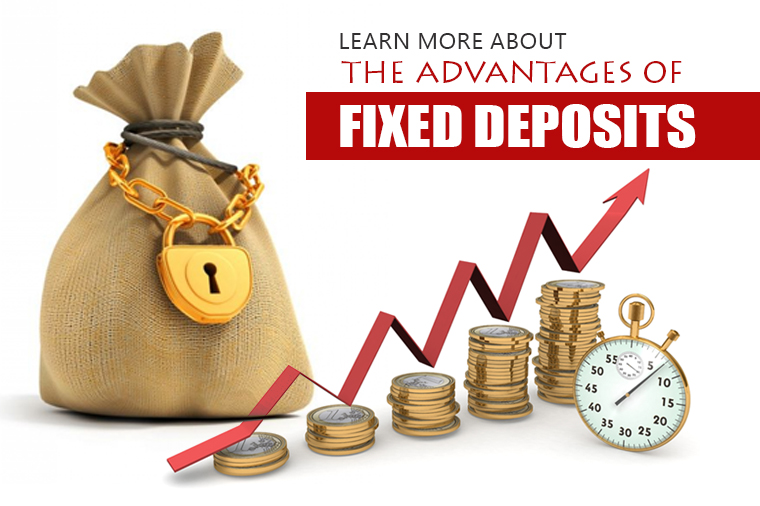Is breaking your FD before maturity a good idea?
Fixed Deposits are termed as one of the best investment options in India. When you invest in Fixed Deposits, you will have to invest some amount with the banks or the Non-Banking Financial Companies only once during the entire tenure of your Fixed Deposits. It is important that you remember that you cannot access this money once you have invested in until the term of the Fixed Deposit matures.
Since there are no risks associated with Fixed Deposit, people prefer to invest in Fixed Deposits. But one of the disadvantages that you have to face while investing in Fixed Deposit is that you cannot access the amount that you have invested, which means you cannot withdraw this money when you are in an urgent need of some funds. If you do, you will have to break your Fixed Deposit and you will also have to pay a penalty charge. However, it is advised that you do not break your Fixed Deposit before the tenure matures. If you do so, the banks and the Non-Banking Financial Companies will charge you a lower rate of interest, the next time you want to open a FD account. If you want to access some funds urgently, you can opt for an overdraft facility instead.
How does overdraft facility work?
Whenever you need some funds urgently but all your money is tied up in a Fixed Deposit account, you can opt for an overdraft facility instead of breaking the Fixed Deposit. In an overdraft facility, you can get to withdraw some of the funds that you had initially invested. You also need to pay an interest on the amount that you have borrowed.
Details about the overdraft facility:
The overdraft facility is also called as a loan against the Fixed Deposit. When you avail an overdraft facility, you can withdraw up to 90% of the amount that was invested in the beginning. The amount of money that you can withdraw is dependent on the policies of the banks or the Non-Banking Financial Companies. The amount of interest that you have to pay on the funds that you have withdrawn will be decided by the banks or the Non-Banking Financial Companies.
If you happen to lose the money that you had borrowed, you will lose the Fixed Deposit too. In case if you are not able to repay the amount that you have borrowed, you will have to pay a penalty. Generally, no processing fees are levied by the banks and the Non-Banking Financial Companies.
The tenure of the overdraft facility is the same as that of the Fixed Deposit. The repayment process for the overdraft facility is similar to any other debt repayment. The banks or the Non-Banking Financial Companies will decide the amount of Equated Monthly Instalments (EMI) that you have to pay. This amount is dependent on your monthly income and expenses, and it is necessary that you do not default on your repayments.
There are various ways that you can try to pay off the debts. If you have come across some surplus funds in the form of a salary hike or a bonus or even profits from your investments, then you can use this extra money to pay off the debts. The banks and the Non-Banking Financial Companies generally do not levy any penalty charges for foreclosing the loan.
Taking a loan against your Fixed Deposit is a better option comparatively. If you opt to take a personal loan instead of an overdraft facility, you will end up paying a higher interest amount as the interest charged on a personal loan is higher than the interest charged on an overdraft facility. But, you need to keep in mind that once you opt for an overdraft facility, you will not be able to break the Fixed Deposit.


